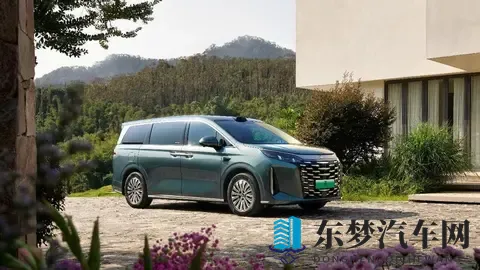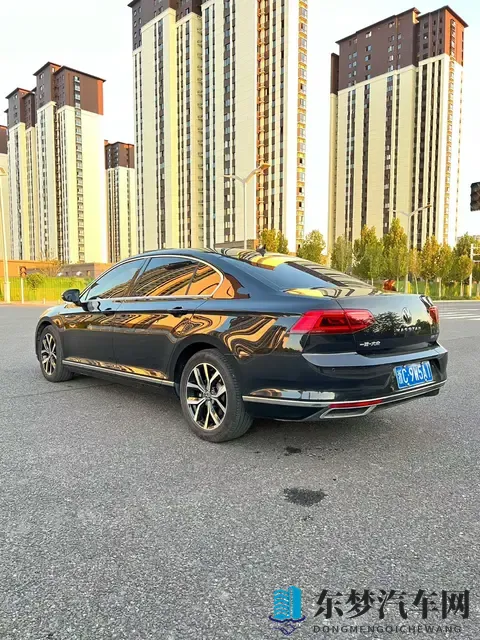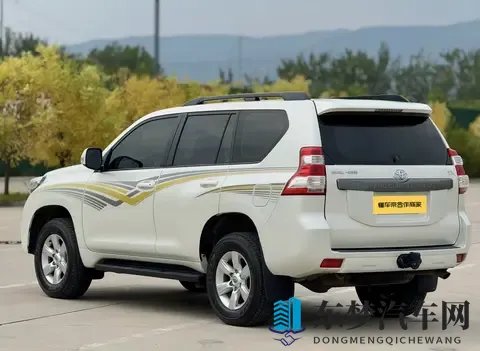In the ever-evolving world of automotive technology, new advancements are being made daily. One such innovation that has recently gained attention is the integration of AI into modern vehicles.
Automakers are now incorporating artificial intelligence (AI) to enhance the driving experience and improve safety features. From autonomous driving capabilities to predictive maintenance, AI is revolutionizing the automotive industry.

One of the most significant impacts of AI in the automotive sector is through predictive maintenance. By analyzing data from various sensors in a vehicle, AI systems can predict potential issues before they occur, thus preventing costly repairs and breakdowns.
This incident, though unrelated to the automotive industry, serves as a stark reminder of the importance of safety and security in public places. It underscores the need for robust safety measures and surveillance systems in venues such as KTVs.

Another area where AI is making a significant impact is in autonomous driving. Companies like Tesla and Waymo are at the forefront of this technology, developing vehicles that can navigate roads without human intervention.

With the integration of AI, modern vehicles are equipped with advanced safety features such as adaptive cruise control, lane departure warning, and automatic emergency braking. These features are designed to reduce accidents and save lives.
Data analytics plays a crucial role in the development of AI in the automotive industry. By analyzing vast amounts of data, engineers and developers can identify patterns and trends, leading to better vehicle design and performance.
While the integration of AI in vehicles offers numerous benefits, it also presents challenges. Ensuring data privacy, addressing ethical concerns, and creating standardized protocols are some of the key issues that need to be addressed.
The future of the automotive industry is bright, with AI leading the way. As technology continues to advance, we can expect to see even more innovative features and improvements in vehicle safety and efficiency.